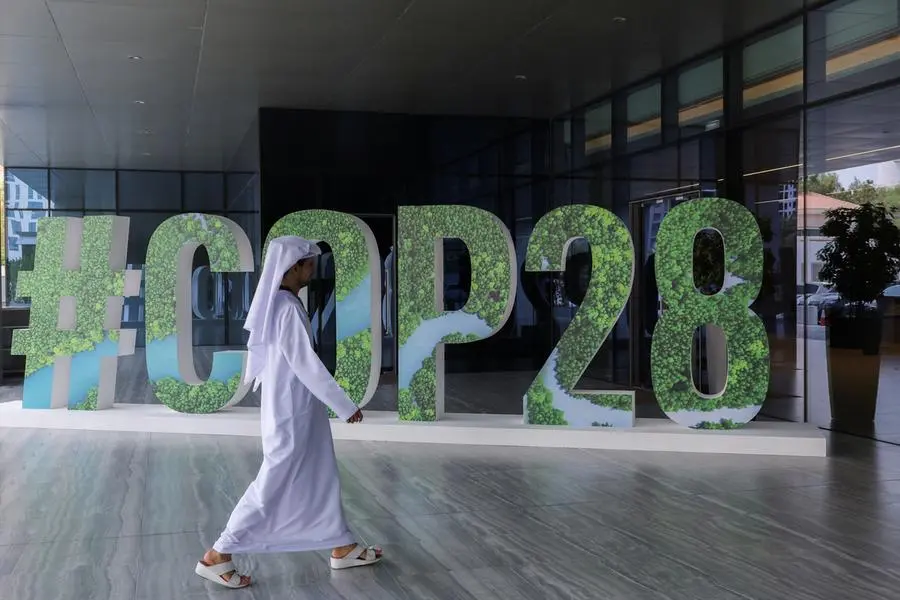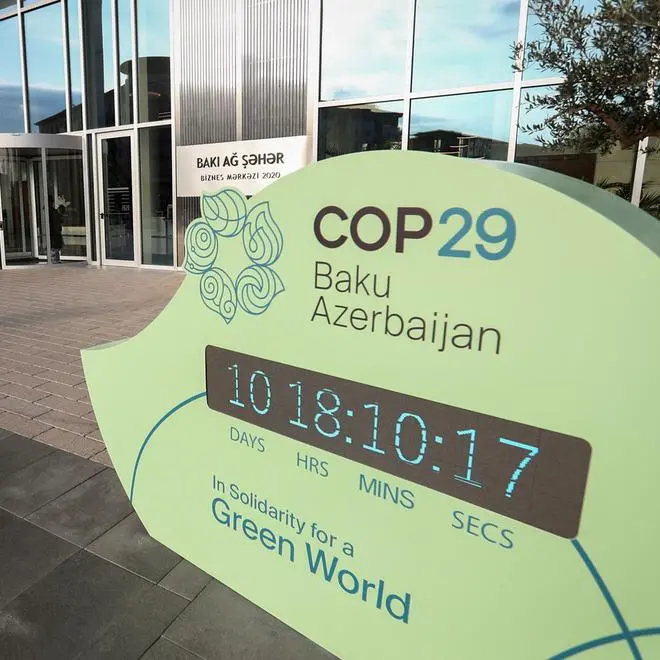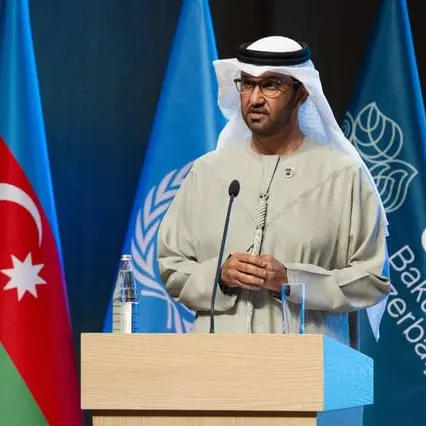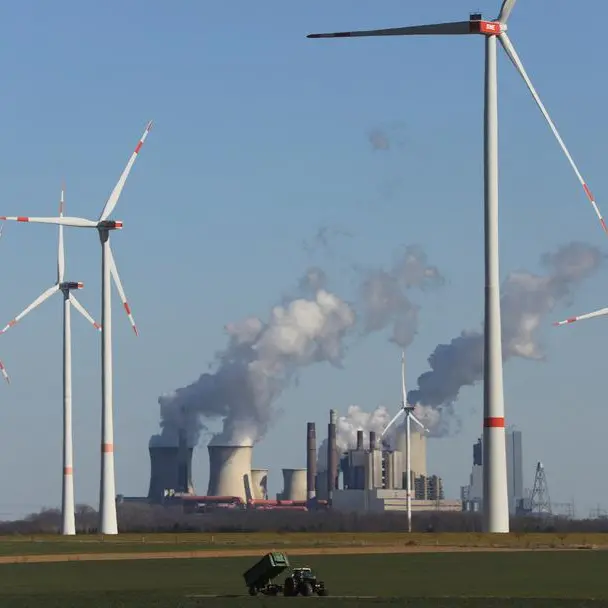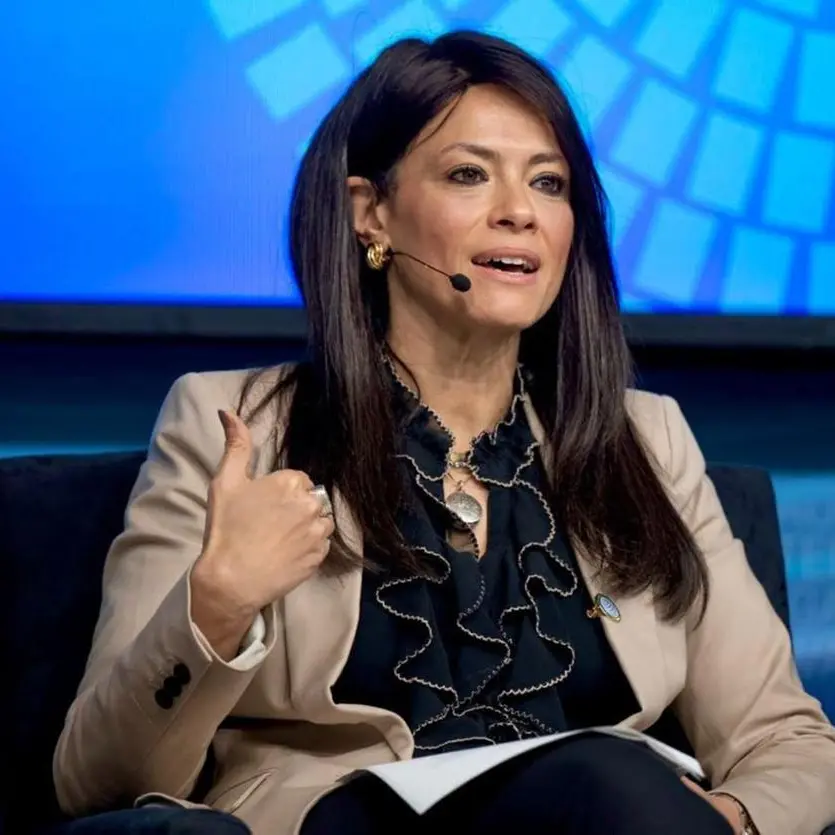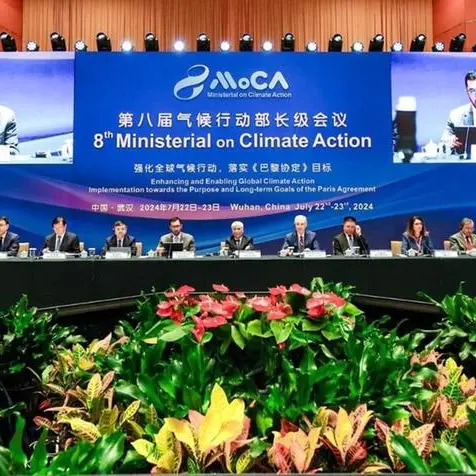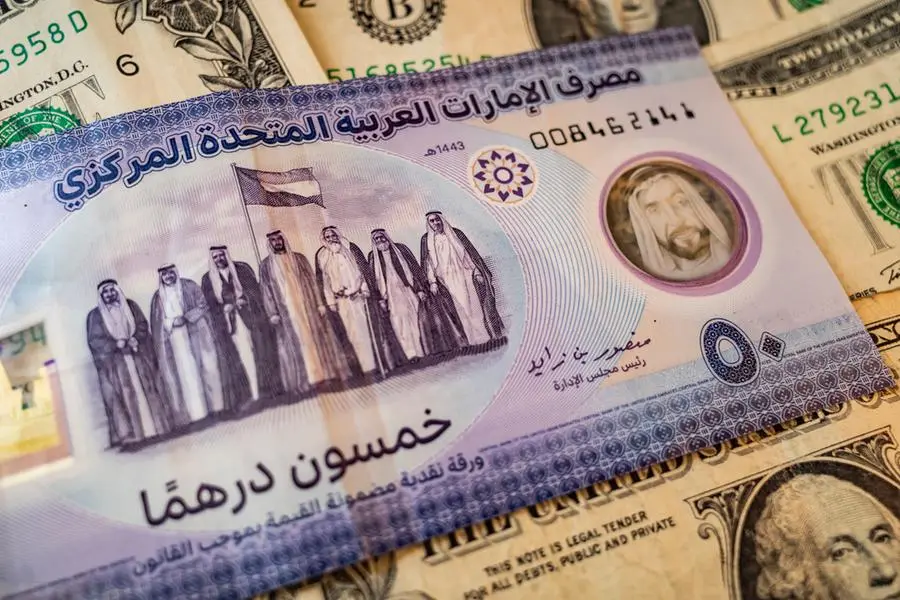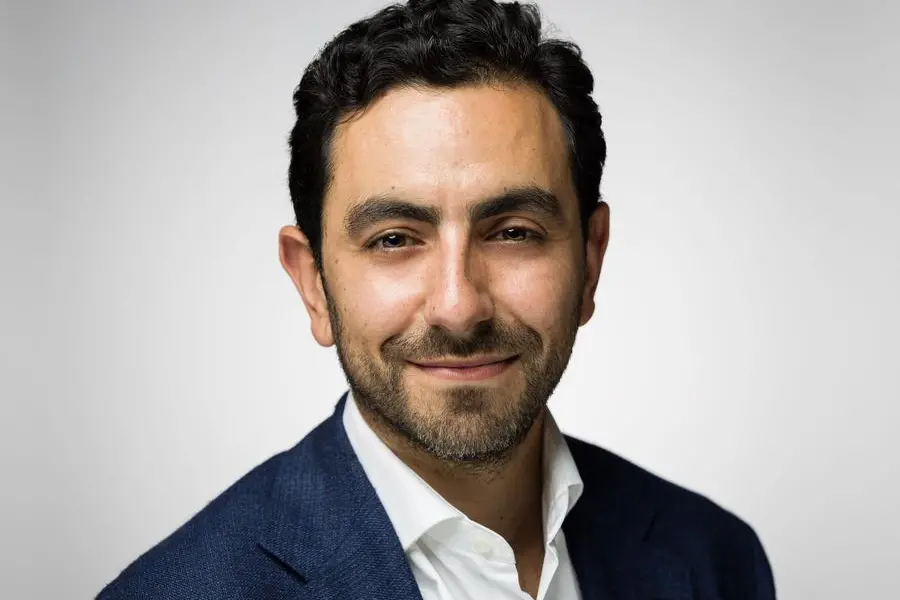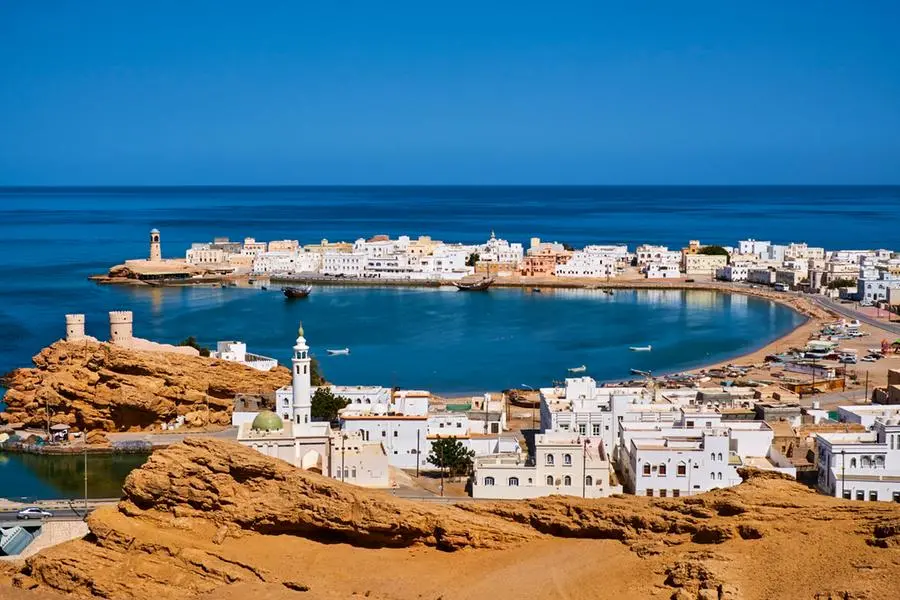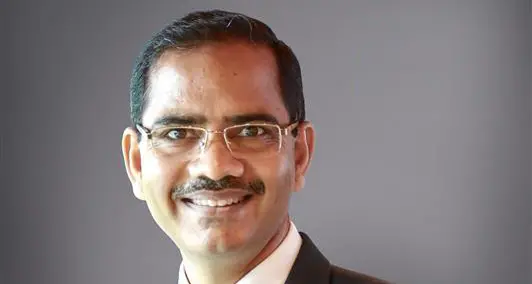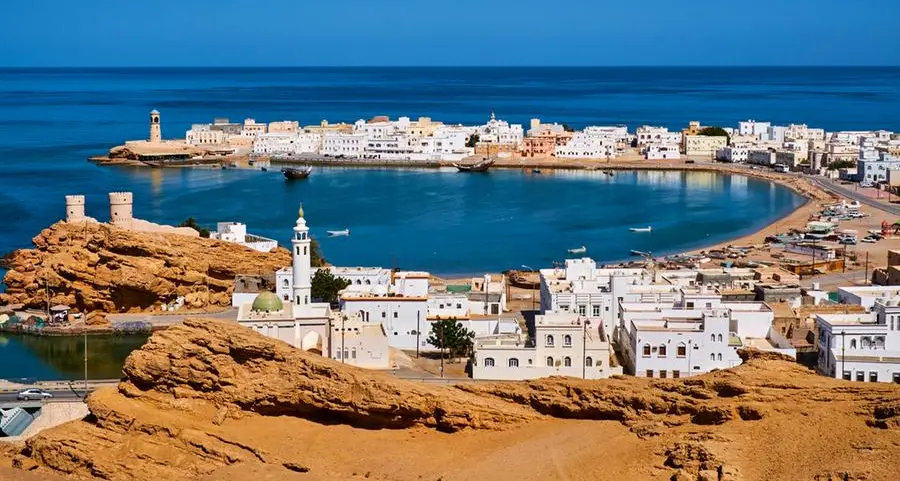PHOTO
The relationship between climate change and human health is one of the vital topics to be discussed at the 28th Conference of the Parties to the United Nations Framework Convention on Climate Change (COP28), which will be hosted by the UAE from 30th November to 12th December. For the first time in the history of COP conferences, this year’s event will dedicate a “day for health.”
The UAE’s initiative to dedicate a day for health at COP28 has received widespread international acclaim, as evidenced by the recent statements of Dr. Tedros Adhanom Ghebreyesus, Director-General of the World Health Organisation (WHO). On the sidelines of the WHO Regional Meeting for the Eastern Mediterranean in Cairo on Wednesday, Dr. Tedros thanked the UAE for its initiative.
This was not the first time that the WHO Director-General has praised the UAE initiative. On 19th August, 2022, he thanked the UAE during the joint meeting of the G20 finance and health ministers in the state of Gujarat in India, tweeting on the “X” platform: “The climate crisis is a health crisis. I very much appreciate the leadership of the UAE in dedicating one day of COP28 to health."
The great appreciation for the UAE initiative from a major UN figure is well-deserved. Facts and data issued by the United Nations and the WHO confirm that climate change is the greatest health threat facing humanity, as environmental factors claim the lives of about 13 million people each year.
According to the WHO, achieving the goals of the Paris Agreement could save about one million lives annually worldwide by 2050 through reducing air pollution alone. Avoiding the worst climate impacts could help prevent an additional 250,000 climate-related deaths annually from 2030 to 2050, most of them due to causes such as malnutrition, malaria, diarrhoea, and heat stress.
The WHO indicates that the value of the health benefits that can be achieved by reducing carbon emissions will be almost double the global cost of implementing carbon mitigation measures.
The organisation confirms that health systems are the main line of defence for populations facing new health threats, including those posed by climate change. To protect health and avoid widening health disparities, countries must build health systems that are resilient to climate change.
The WHO also pointed out that most countries consider health to be a priority sector that is highly affected by climate change. However, there is still a huge financial gap, with only less than 2% of multilateral climate finance allocated to health projects.
The WHO believes that providing clean air, fresh water, medicines, and food security is a set of key factors that help to reduce diseases and stabilize the climate. However, the loss of biodiversity, which is happening at an unprecedented rate, affects human health around the world and increases the risk of the emergence of infectious diseases.
The United Nations has confirmed that food production, packaging, and distribution systems generate a third of greenhouse gas emissions. More sustainable production would help to mitigate climate impacts and support more nutritious diets that could prevent nearly 11 million premature deaths annually.
